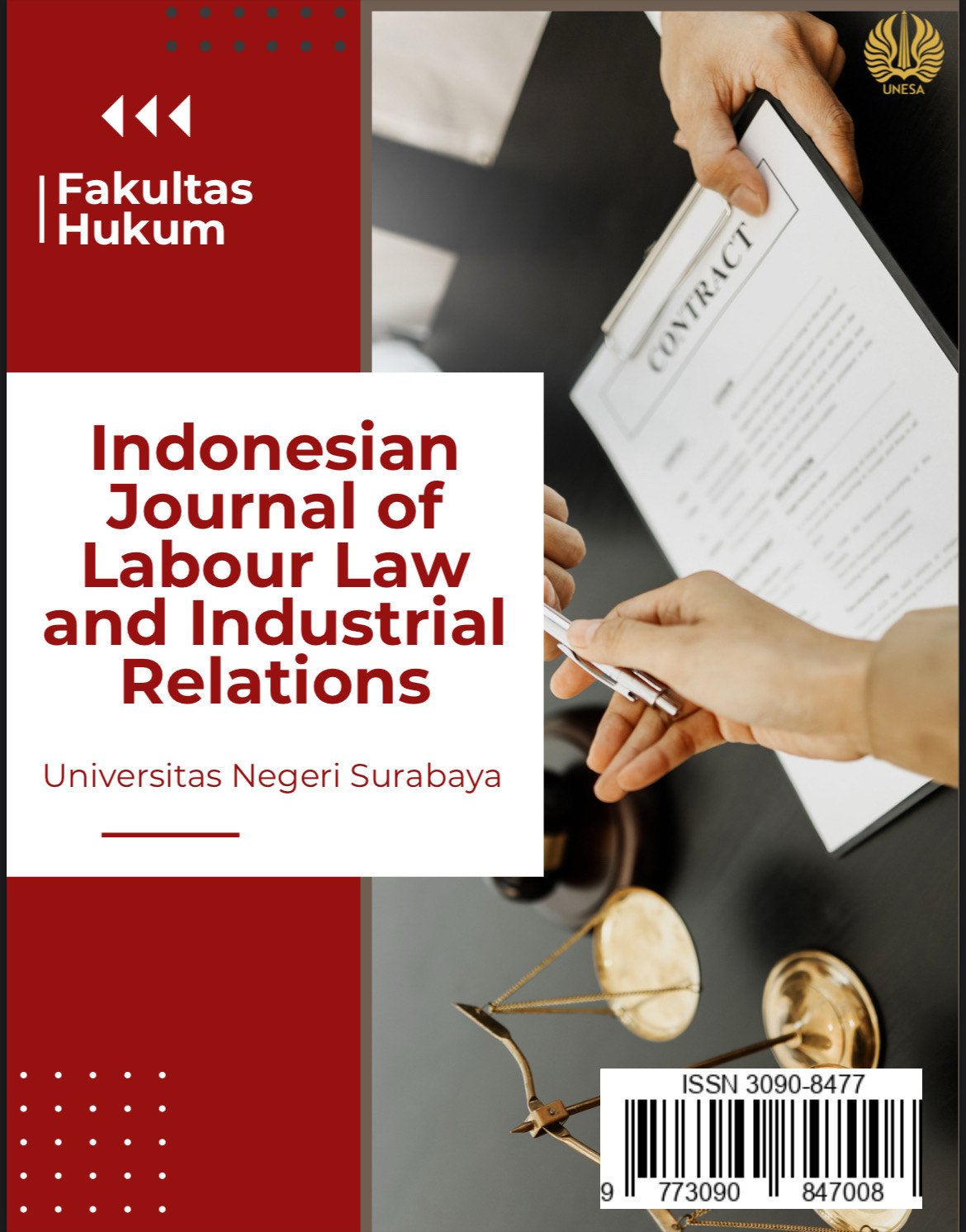The COMPARISON OF LAWS ON CHILD LABOR INVOLVEMENT IN INDONESIA AND FRANCE AS SUBJECTS IN COMMERCIALIZED DIGITAL CONTENT
DOI:
https://doi.org/10.26740/ijllir.v2i01.43295Keywords:
Child Labour, Digital Content, Child Protection, Comparative Law, Indonesia-FranceAbstract
The development of the digital economy has created both opportunities and challenges in protecting
children's rights, particularly when children become the main subjects of monetized digital content. This
phenomenon has grown rapidly in countries such as Indonesia and France, although their normative
responses differ significantly. This study aims to analyze and compare the legal frameworks in Indonesia
and France regarding the involvement of child labor in monetized digital content. Using a normative
and comparative legal approach, and drawing on functionalism, legal transplant, and legal convergence
theories, this research finds that Indonesia still faces normative ambiguity in this area, while France
has developed a more specific regulatory framework through Loi n° 2020-1266 and Loi n° 2023-566.
The study recommends the formulation of specific regulation in Indonesia that addresses the challenges
of the digital economy in relation to child protection, by referring to international best practices. These
findings are expected to contribute to national legal reform in the context of labor law and child rights
in the digital space.

Downloads
Published
How to Cite
 Abstract views: 70
,
Abstract views: 70
, PDF Downloads: 144
PDF Downloads: 144





